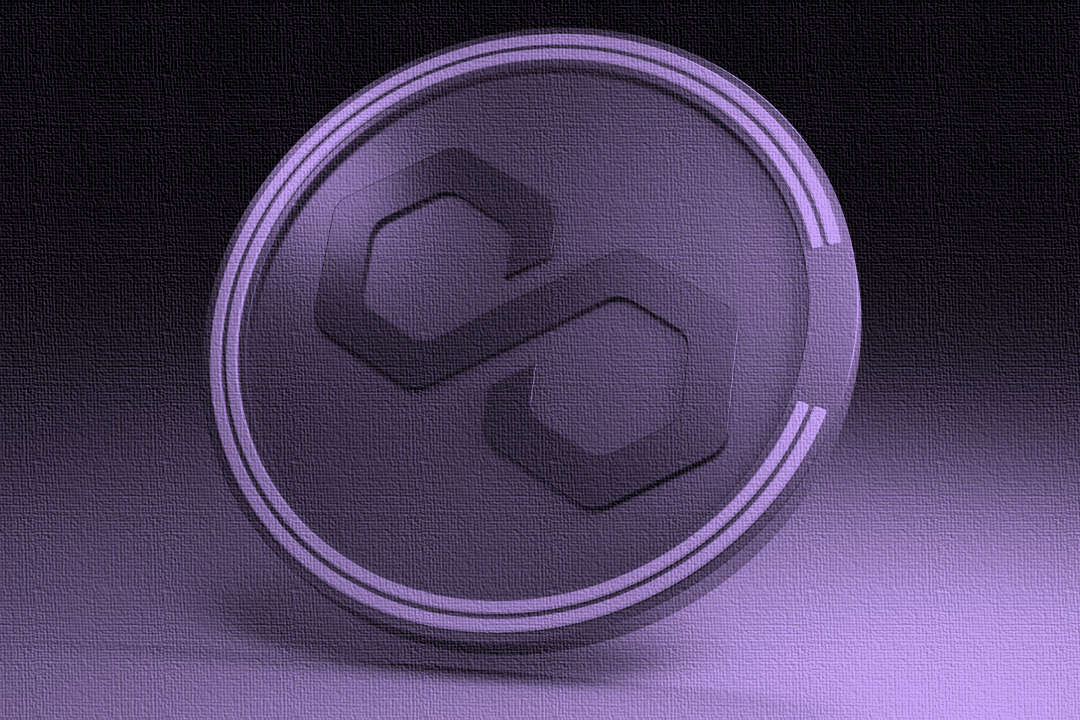2023-07-27

What is a Hyperproductive Token?
How Polygon's POL is changing the game?
Polygon Labs recently announced a proposal to
change the native token from MATIC to POL. They're calling this an upgrade to
the current token and a 3rd generation hyperproductive token. So what does this
actually mean?
In order to understand what a hyperproductive
token is, we first need to understand the different generations of tokens we have
today. 1st Generation: Bitcoin’s BTC gave us the first native token, but it
doesn’t give holders any role in the protocol.
2nd Generation: Ethereum’s ETH gave us a
productive token, allowing holders to become validators and be rewarded. 3rd
Generation: Polygon’s POL will give us a hyperproductive token, enabling
holders to become validators for MULTIPLE chains and be rewarded from each.
Validators will have the ability to receive
multiple streams of rewards: 1. Protocol Rewards 2. Transaction Fees 3. Custom
Rewards (Some Polygon chains may introduce additional rewards as an extra
incentive for validators)
So, validators can secure multiple chains. What
kinds of benefits does this bring to the broader ecosystem? There are a few
main benefits this will bring...
1. Ecosystem Security & Scalability This
upgrade can create a large decentralized pool of validators securing the
network. Validators will be incentivized to secure as many chains as possible.
Polygon Labs is proposing a 1% yearly emission for validator rewards.
2. Ecosystem Support & Community Ownership
Polygon Labs is proposing a 1% yearly emission to fund a community treasury.
The treasury will be governed by the community and will offer a sustainable
in-protocol mechanism that will support the ecosystem for years to come.
POL is a revolutionary vision that powers all Polygon chains
with a single token. POL can also be used for gas fees on certain Supernets if
that particular community decides to do so.
The upgrade from MATIC to POL will be seamless. MATIC holders
will be given 4 years to make a simple one-step action of sending their tokens
to a smart contract. The holder will then automatically receive the same amount
of POL tokens in return.
POL will power all Polygon chains - Validators are incentivized
to secure as many chains as possible and earn multiple rewards - 1% yearly
emission rate for validator rewards - 1% yearly emission rate for ecosystem
support. POL can be used for gas on specific chains.
This information comes from a Twitter user called Today In Polygon. If you like this tweet, you can share it.